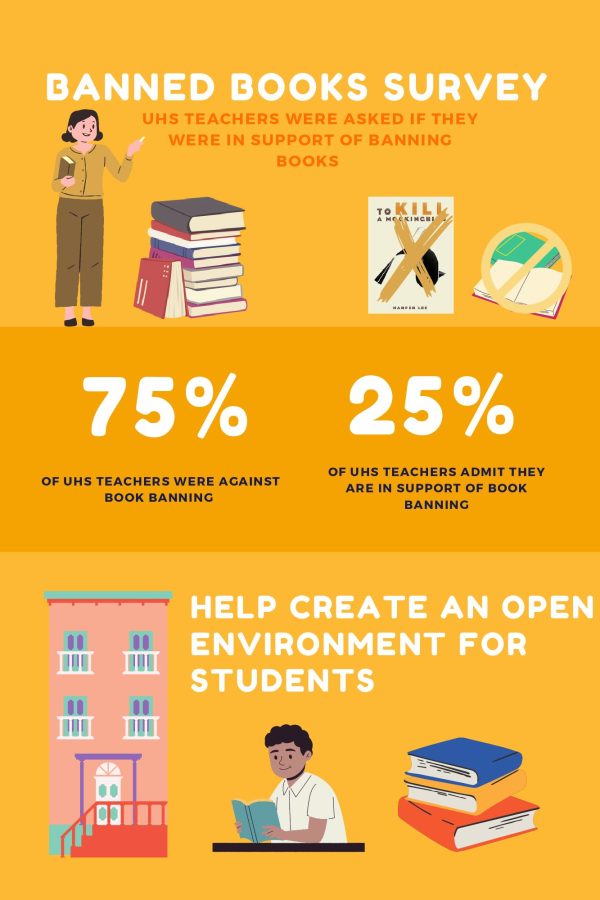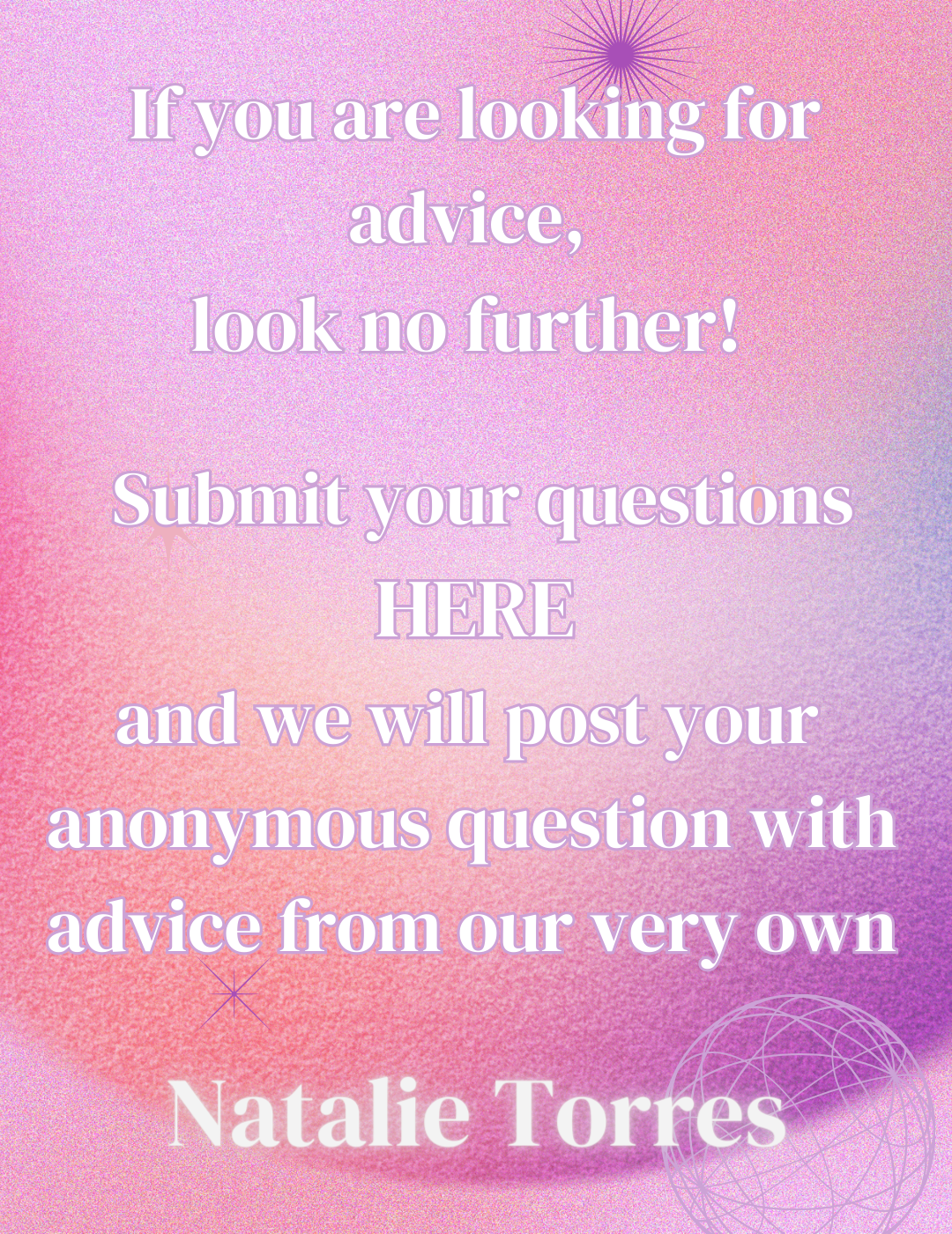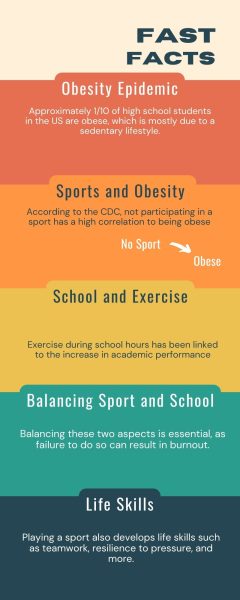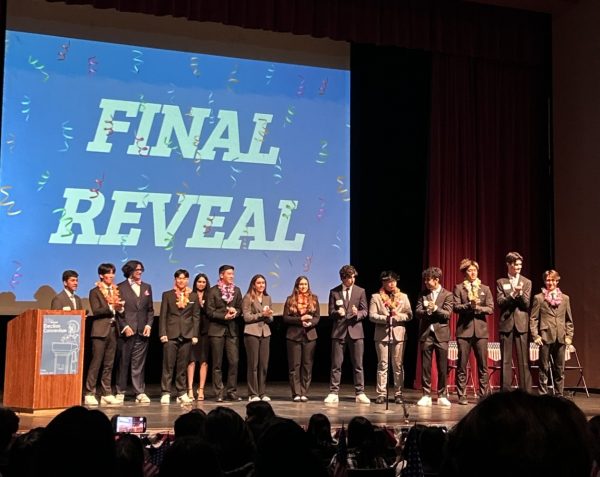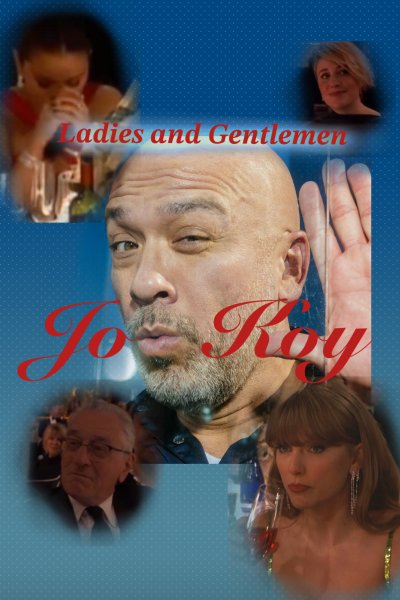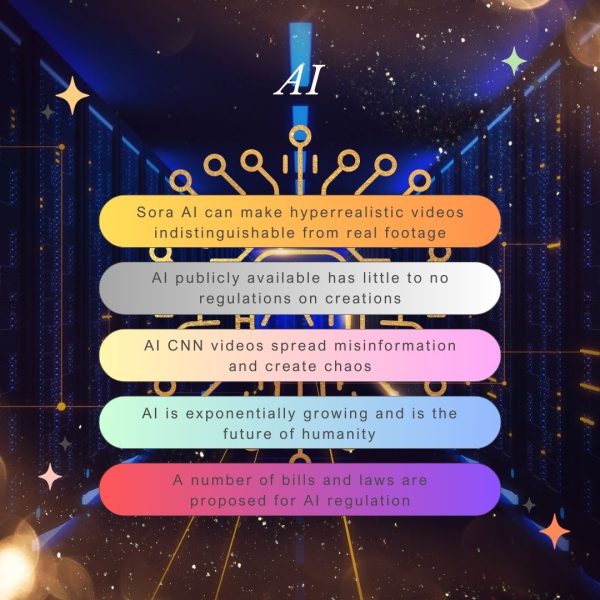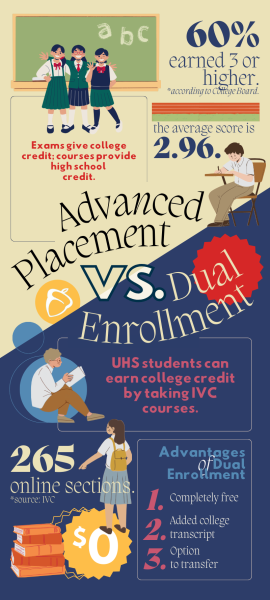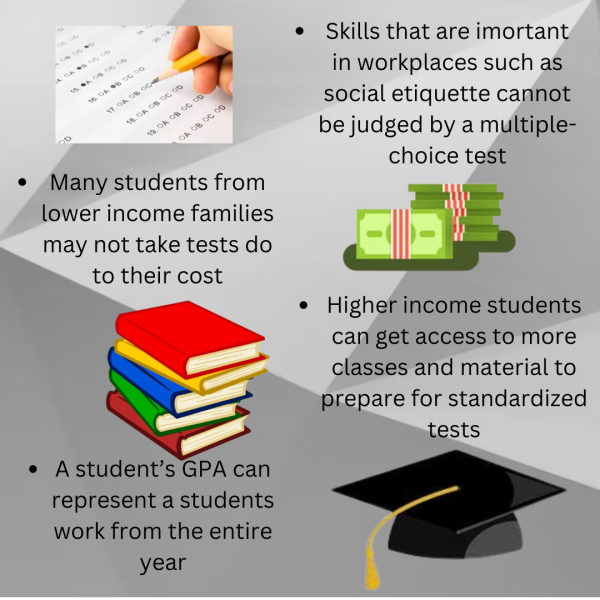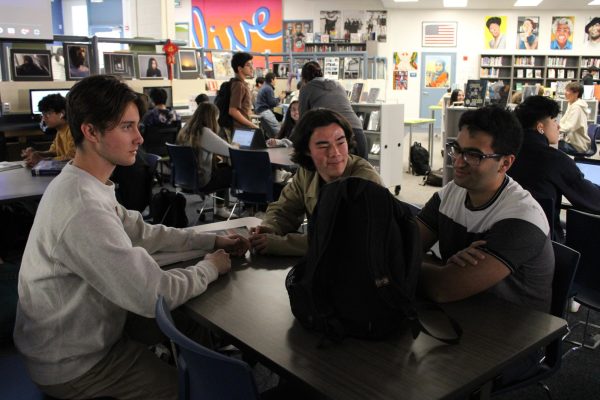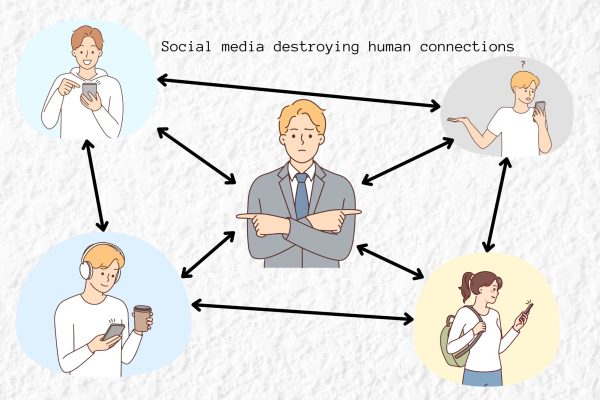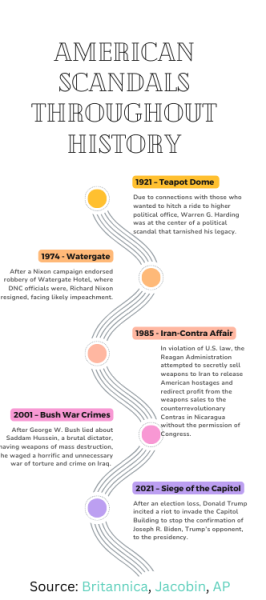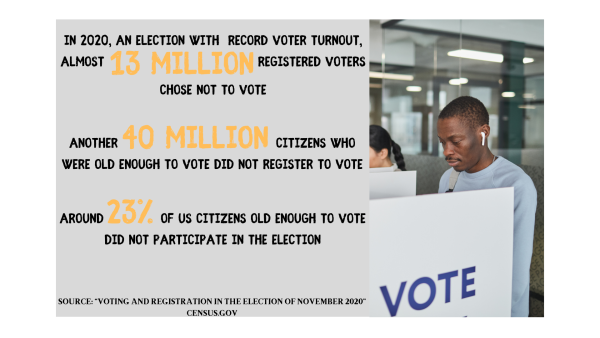Banning Books
January 12, 2023
*The opinions expressed within the content are solely the author’s and do not reflect the website’s or its affiliates’ opinions and beliefs.*
Books that were once considered vital to education are now being removed from the school curriculum. This has happened under the merit that they are no longer appropriate for the students in that age group. From 2021 to 2022 alone, 138 school districts in 32 states banned more than 2,500 books according to PEN America. Banning books jeopardizes students’ knowledge and understanding of the world, including how they interpret ideas.
When schools ban books, they compromise children’s education and development. Well-known books, including George Orwell’s “Nineteen Eighty-Four,” Harper Lee’s “To Kill a Mockingbird” and Ray Bradbury’s “Fahrenheit 451″ by Ray Bradbury, were banned in many schools in the United States. These books, among many others, expose students to nuanced perspectives and diverse viewpoints.
For example, Orwell’s “Nineteen Eighty-Four” is a dystopian novel that reveals the disparities of a totalitarian society and the inherent flaws of human nature. Students need to recognize the dangers of such a society and the consequences of it possibly turning into reality. The strict control that the characters in the book undergo proves to be eerily scary, yet imaginable, which is why people need to be aware of the actions surrounding and impacting their lives.
“Nineteen Eighty-Four” was challenged for its pro-communist and sexually explicit content, alongside other subversive factors that are critical to the story. This book was also banned in other countries, especially those with societies that mirror the novels. Certain countries, including China, North Korea and Iran, want to keep people unaware of their actual situation, which is why they censor books that discuss these topics.
Though the contents of the book are difficult to read and imagine, it ignites new ideas for students to explore and consider. After reading “Nineteen Eighty-Four,” I acquired a newfound sense of empathy that I didn’t have before. Under the guidance of a caring teacher, “Nineteen Eighty-Four” moved me to learn more about the resilience and resistance of characters that were judged for something they could not control.
“Reading books where people do go through a lot of struggles and overcome many challenges gives me the strength to overcome my own,” UHS Librarian Mrs. Lewis said.
In addition to dystopian novels, many books discussing LGBTQ+ topics are being banned because of subject material deemed “inappropriate” for school curriculum. Having LGBTQ+ literature and reading that discusses issues faced by minorities available for students increases their feeling of belonging and self-worth and helps them feel more connected to their community. LGBTQ+ books benefit students by providing them with meaningful messages of acceptance and encouragement.
Parents and school administrations across the United States claim that books with topics relating to dystopian ideologies, LGBTQ+ information, explicit sexual contact and world problems should be outright banned from schools and their curriculums. They claim that such books deter students from the ultimate goal of gaining an adequate education. However, this is not true as the more exposure students receive from books about such topics, the more knowledge they gain in that process. There is a multitude of topics that need to be adequately discussed and normalized, considering that they are regular occurrences or issues that people face.
“Books can give children a glimpse of the world far beyond the one they actually see every day,” LGBTQ+ activist Ash Beckham said.
For example, many of the books at UHS were written about issues that concern students and young adults, which can greatly shape their knowledge and understanding of the world.
“I don’t always understand or know what some people are going through, and to read that in a book makes me sympathize even more than I already do,” Mrs. Lewis said. “Books can help you better understand historical events, people, ethnicities, mental issues, eating disorders . . . Books, more than anything else, help people understand others and the things that are going on in the world.”
Books aid us in educating ourselves about everything in our world and beyond, including history, art, science, religion, nature, mathematics and technology. They allow us to comprehend how those factors affect us and our environment. Books provide amusement and a wonderful escape and they should be celebrated for that, not banned.


